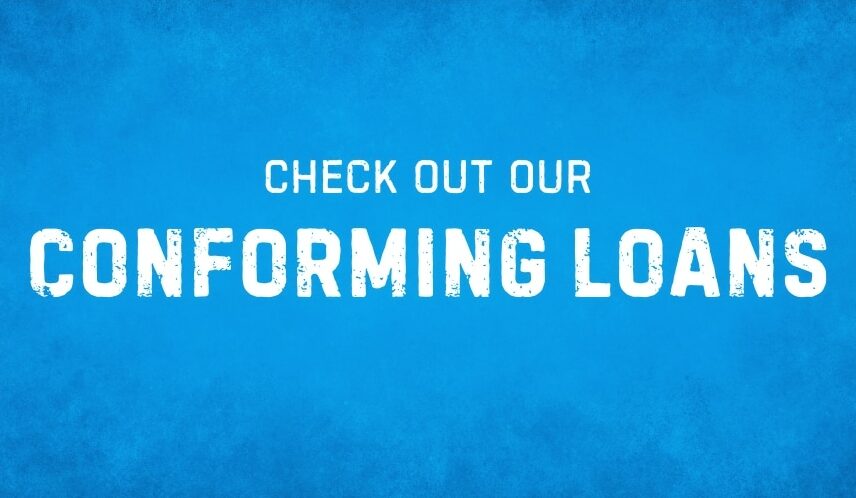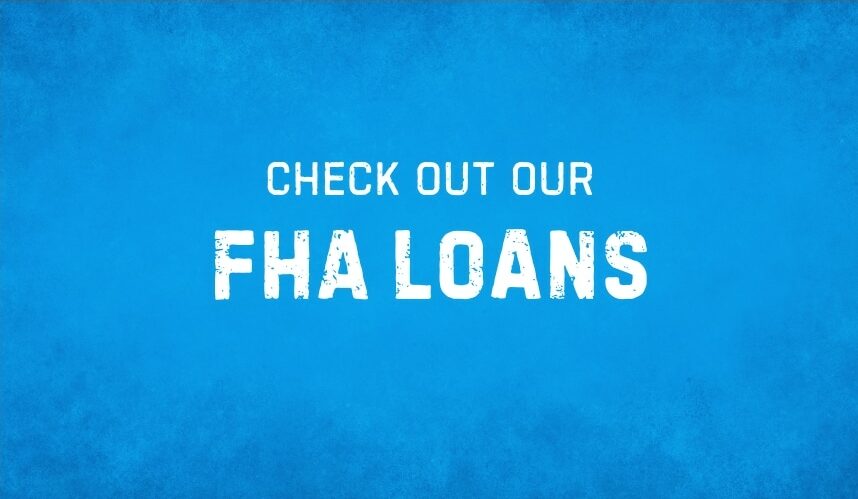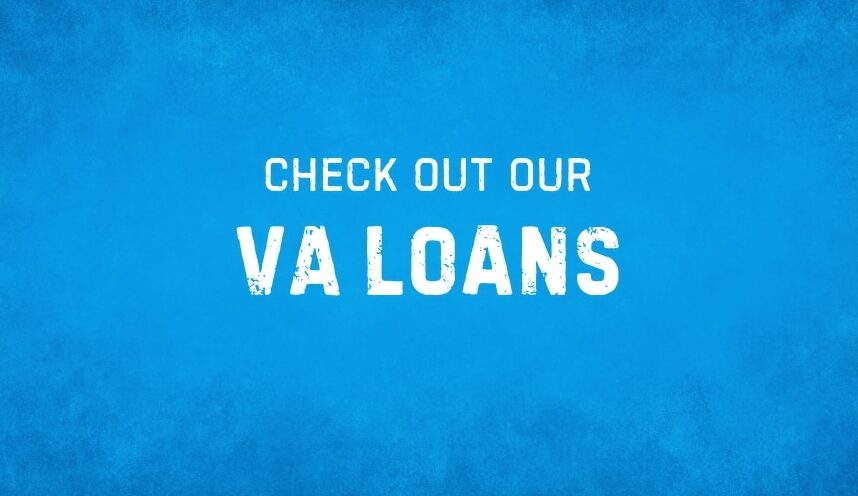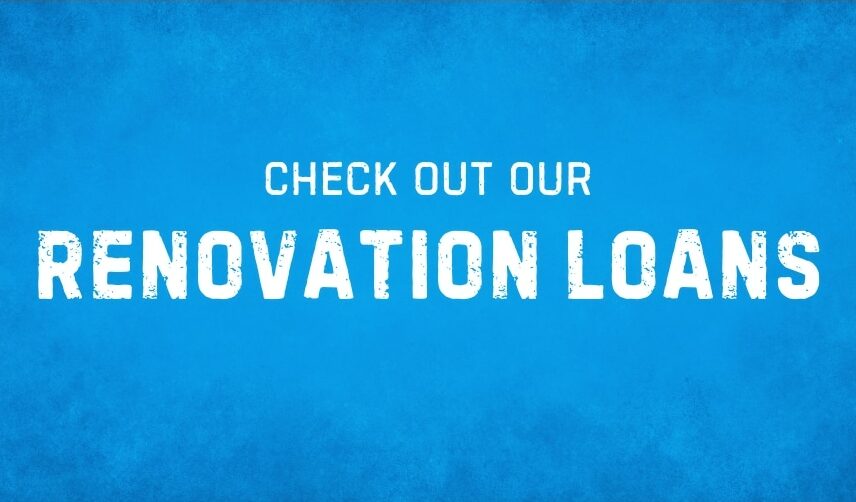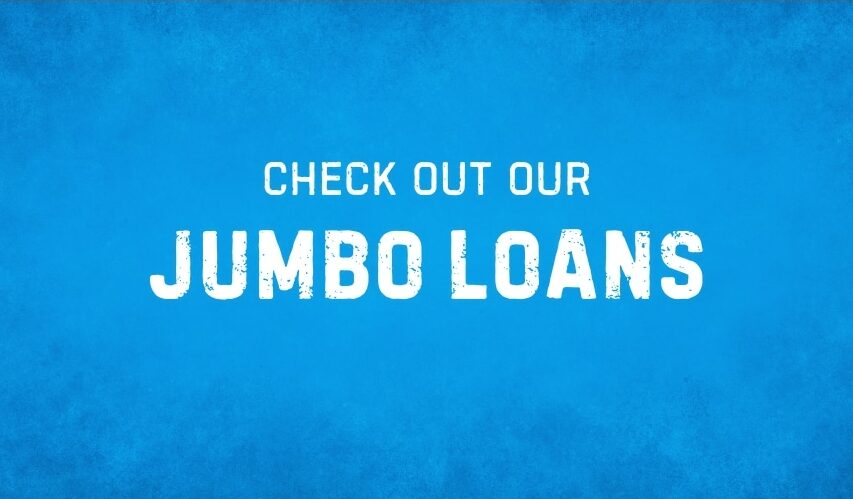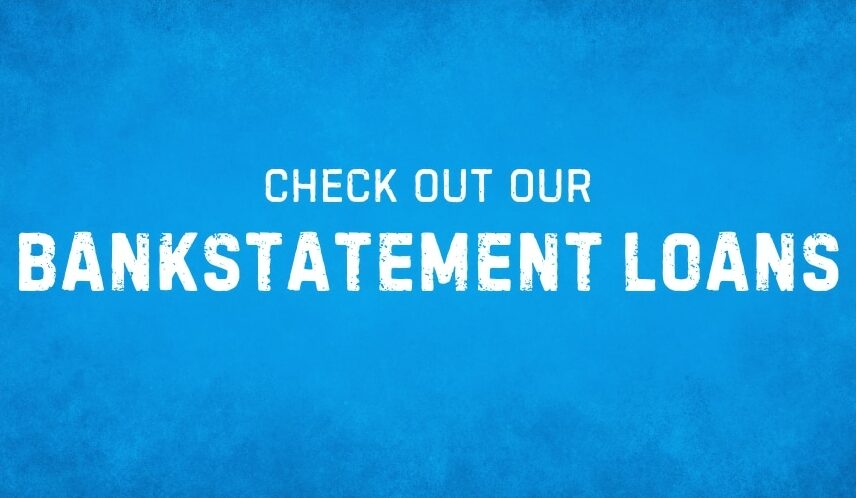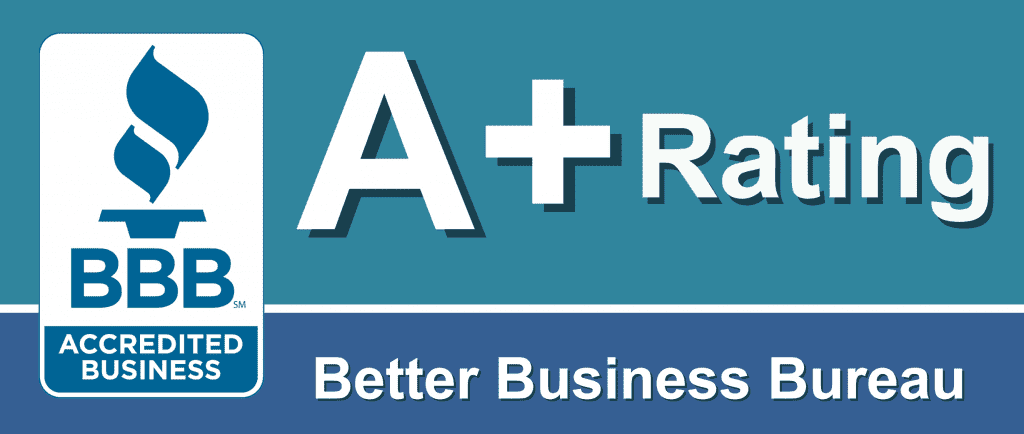
What Is A FICO Score?
A FICO score is also known as your “credit score” and it’s a measurement of your credit history in the form of a three digit number that ranges from 300 to 850. Scores 740 and above are excellent, 700-739 are good, 660 – 699 average, 620 – 659 below average and below 620 is poor.
Confused by what really goes on with your FICO score? Join the crowd.
Most consumers are not aware that your credit score and the FICO score your lender sees could be two different numbers. In fact your FICO score with a mortgage company might be different than your FICO score with an auto lender!
We all know the importance of a good FICO score when getting loan but how much do you really know about what a FICO score is? A FICO score specifically refers to the three digit score derived from the complex FICO statistical model (see the MyFICO website for further details). Not all companies use FICO scores, there are other models that are used to inform a company of the credit worthiness of a loan applicant
FICO Score And The Three Credit Bureaus
A credit bureau, like Trans Union, score measures the relative size or degree of risk a potential borrower represents to the mortgage lender or investor. Each of the three major credit bureaus have their own scoring method, or statistical model, for calculating scores specific to an industry.
The Auto Industry has a different scoring model than the Mortgage Industry.
To get the lowest home loan mortgage rate from a mortgage company you need to have excellent credit based on their calculations of credit scores. The bureaus rely exclusively on their own informational data for calculating these credit scores.
Here are the credit bureaus and their respective credit models for the mortgage industry (as 2020):
•Equifax/ Beacon model
•Trans Union / FICO Classic 04
•Experian/ Fair, Isaac Model II
Over time this may change the bureau’s may adjust which model they use. The TransUnion / FICO Classic 04 was a model developed in 2004 (source) and the Experian/Fair, Isaac Model II is an enhanced version of of the Classic 04 model. And the Equifax/ Beacon model is an offshoot of a FICO scoring model (source). And there are many more models out there.
So Much Information!
You can get overwhelmed by the number of models and which ones are used for the mortgage industry or which ones are used for the auto industry however at the end of the day it comes down to four important things (if you want a good credit score):
- Pay your bills on time
- Don’t max out your credit cards, keep balances below 50% of the limit
- Have two to three cards you actively use
- Avoid too many inquiries (an excessive amount)
If you follow the above four important points it really doesn’t matter what model is used; you’ll have excellent credit provided you have an established credit history.
A Brief History Of FICO
The well-known company of Fair, Isaac & Co. (FICO) began its advanced work with credit scoring in the 1950s. Since the 1950’s, credit scoring has become widely accepted by mortgage lenders as a very reliable way of credit evaluation. A credit score attempts to bring a borrower’s credit history into a single number that is easy to understand. Fair, Isaac and the credit bureaus do not reveal how these credit scores are computed. The actual FICO scoring model originated in 1998.
“Reason Codes” are included in credit reports and help explain why a credit report scored as it did, the weight given to factors making up the score, and where a consumer should direct their efforts toward increasing their score. The reason codes and their respective weights are:
- Late Payments, Collections, Bankruptcies–40%
- Outstanding Debt–30%
- Length of Credit History–15%
- Types of Credit–15%
While the above does not apply to all scoring models some variation of this is present in most scoring models. In the auto industry scoring models your payment history associated with auto loans is an important factor.
How Can I Increase My FICO Score?
It is difficult to increase your score over the short run (unless you have errors), here are some simple tips to increase your FICO (or general credit) score over of time.
- Pay all your credit bills on time. Late payments and collections can have a serious impact on your score.
- Reduce (below 50% of your credit limit) your credit-card balances. If you always have high balances on your credit cards, your credit FICO score will be negatively affected.
- If you have limited credit, obtain additional credit.
Following these simple steps will help increase your credit score. When it comes to those credit repair companies….be careful. Many of them are scams that cost thousands of dollars and they ultimately fail to achieve anything.
Rapid Rescore
Mortgage companies have access to the Rapid Rescore service with the three credit bureaus. This service allows a borrower to possibly increase their credit score within 72 hours. This is how it works:
- Borrower identifies errors (balances, derogatory items etc) on the credit report
- Documentation is turned in (by the borrower) to the Loan Officer to prove the error
- The Loan Officer submits the Rapid Rescore request to the credit provider
- 72 hours later the results are provided.
There are no guarantees the Rapid Rescore service will increase your credit score. And the important thing is you must have written documentation that the error should be corrected. Without written proof it will not work. Discuss this option further with your Loan Officer if you feel like a correction needs to be made (that could increase your credit score).
Do You have a question or need a quote?
Contact KevinLow rates, fast closings, and exceptional service.
If Several Companies Check My Credit Will That Hurt My Score?
That depends on who is doing the checking.
The credit scoring system has changed to be more forgiving in this area. Several inquiries over a short period of time will not hurt your credit score if they’re from a mortgage lender. They (the credit scoring companies) realize that when a borrower is shopping for a rate, their credit may be investigated by more than one lender.
Now if you go out and apply for 5 credit cards then yes you may see a hit to your credit score. If you have additional questions about FICO score and your general credit standing please be sure to contact us directly.

